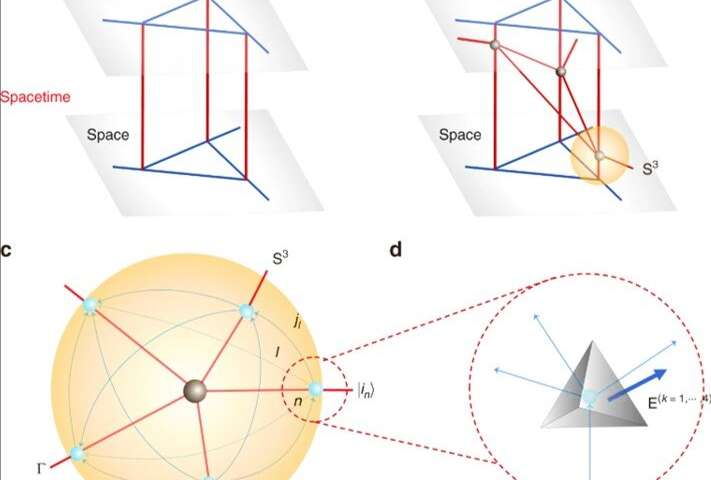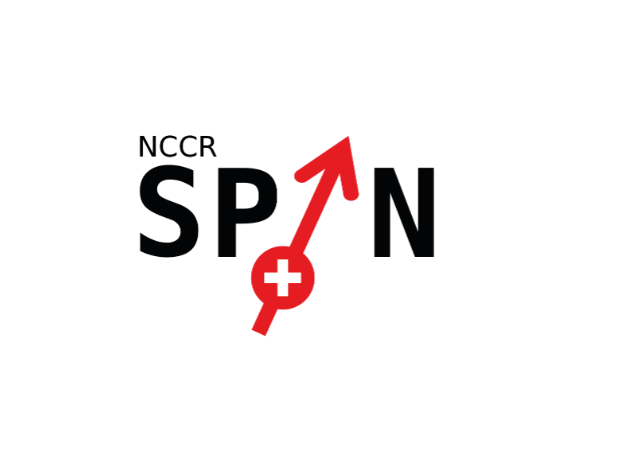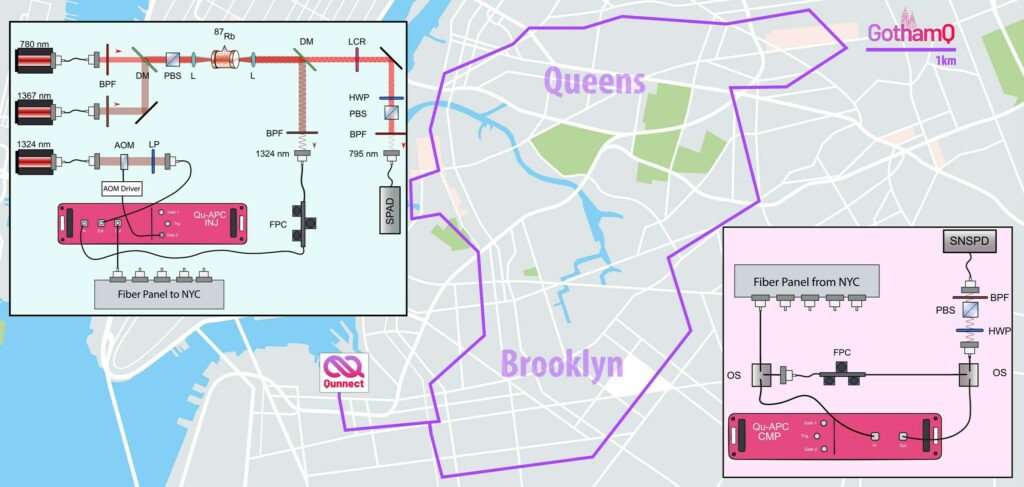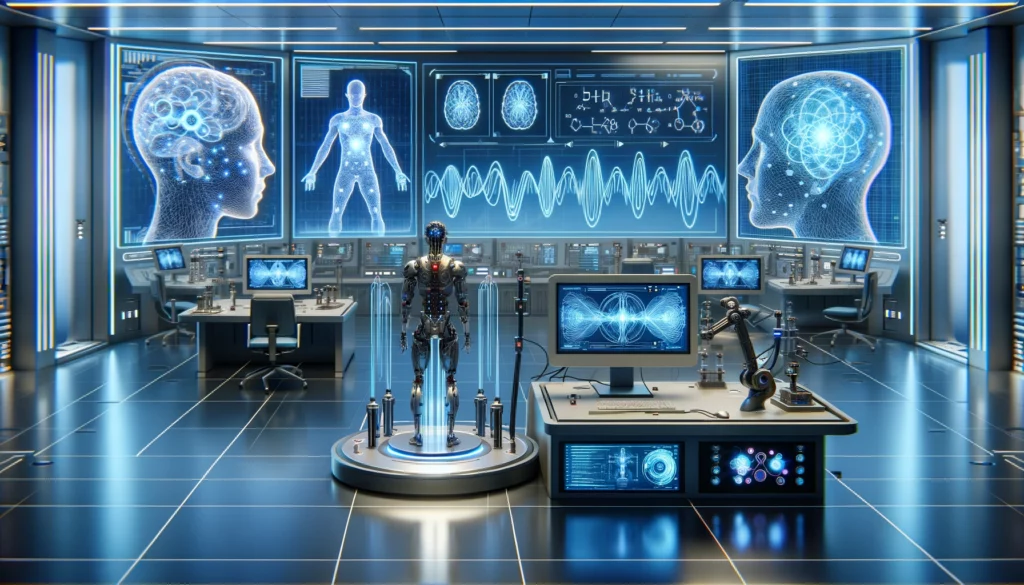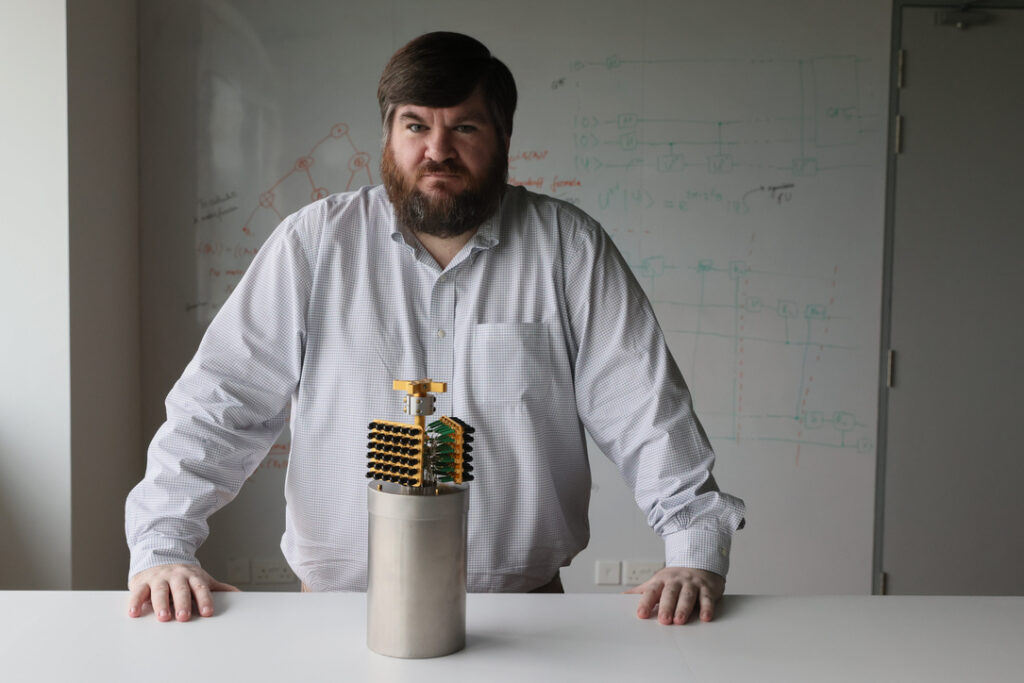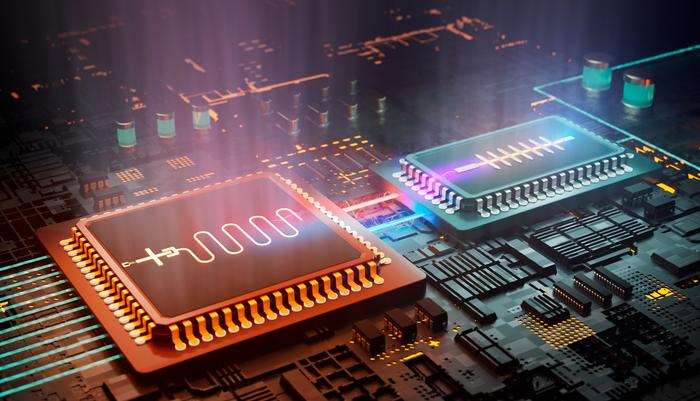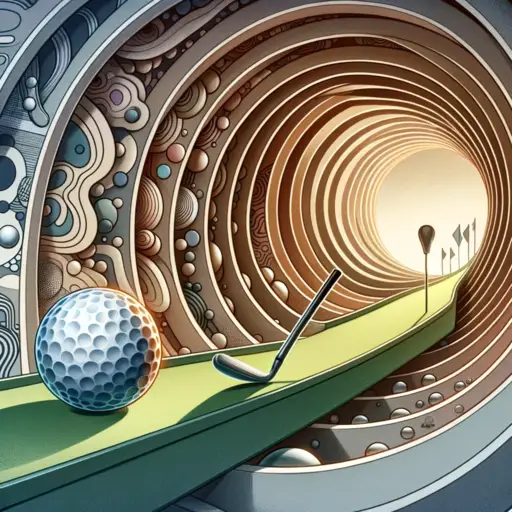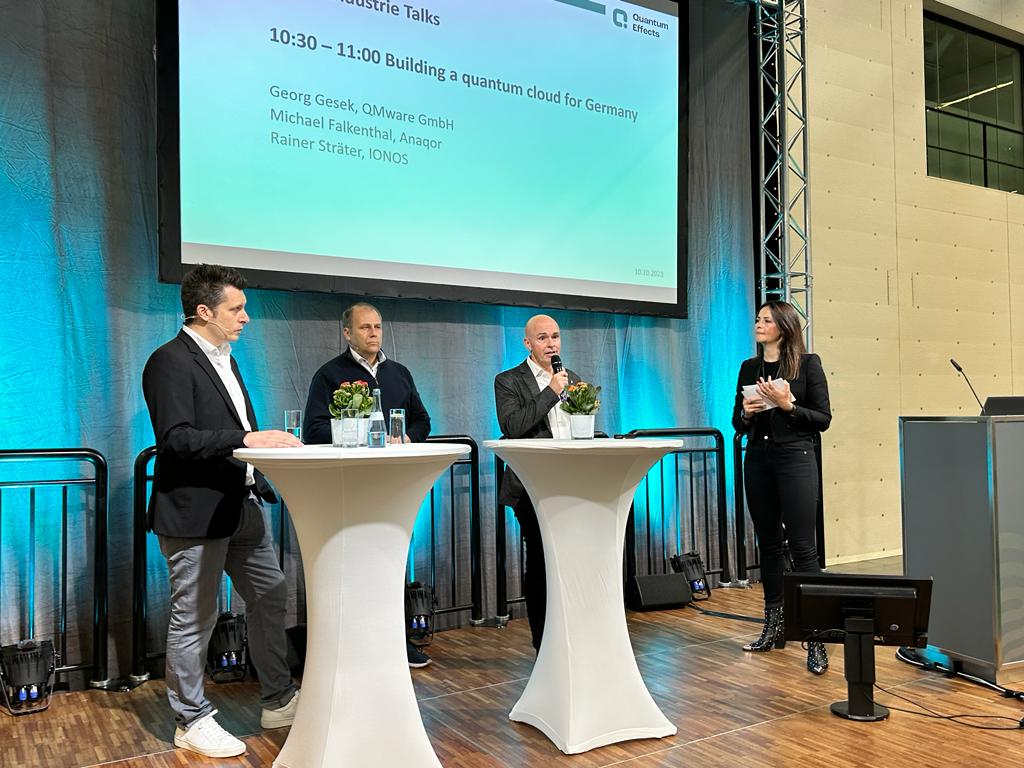One of the things that quantum computers are uniquely suited for is — surprise, surprise — studying the quantum realm. In a recent study, a team of researchers used a quantum simulator to explore loop quantum gravity and the dynamics of spacetime, according to a news release.
The team simulated spin-network states on a four-qubit nuclear magnetic resonance (NMR) quantum simulator. Keren Li and an interdisciplinary research team at the Center for Quantum Computing, Quantum Science and Engineering and the department of physics and astronomy in China, U.S. Germany and Canada performed the work, which may show the promise of using quantum simulators to experimentally analyze loop quantum gravity theories.
Pioneering quantum physicist Roger Penrose first proposed spin networks in 1971 based on twistor theory with subsequent applications to loop quantum gravity, or LQG. Spin networks are quantum states that represent fundamentally discrete quantum geometries of space at the Planck scale. In the present study, the research team represented the spin network using a graph with links and nodes colored by spin halves. For example, any node with edges corresponded to a geometry and therefore a graph containing four-valent nodes corresponded to quantum tetrahedron geometry.
The researchers used a quantum tetrahedra prepared by nuclear magnetic resonance to simulate a two-dimensional spinfoam vertex (model) amplitude to display local dynamics of quantum spacetime. The team measured the geometric properties of the corresponding quantum tetrahedra — a triangular pyramid — to simulate the interactions. The experimental work is an initial attempt and a basic module to represent the Feynman diagram vertex in the spinfoam formulation, to study loop quantum gravity using quantum information processing.
According to the researchers, classical computers cannot study large quantum systems. Classical computers are constrained when the linear growth of quantum system sizes corresponded to the exponential growth of the Hilbert Space, a mathematical foundation of quantum mechanics. Quantum computers, which process information intrinsically, or quantum-mechanically, can outperform their classical counterparts in exploring this realm.
Understanding quantum gravity is important because the theory has the potential to unite the Einstein gravity with quantum mechanics to expand our understanding of gravity to the Planck scale (1.22 x 1019 GeV). The Planck scale refers to the magnitudes of space, time, energy and other units, below which, or beyond which, that struggle to reconcile with the predictions of Standard Model, quantum field theory and general relativity. At this scale, Einstein gravity and the continuum of spacetime breakdown can be replaced through quantum spacetime. Research approaches toward understanding quantum spacetimes are presently rooted in spin networks, which are an important, non-perturbative framework of quantum gravity.
The team published their findings in Communications Physics.


